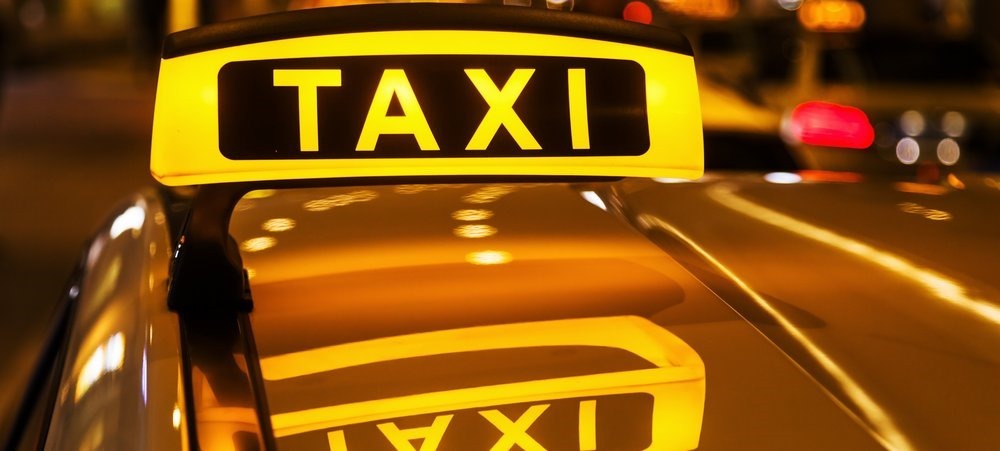Govt Asks Ola, Uber If Surge Pricing Depends On Gender, Battery Life, Time? (Data Protection Bill)

Are you wondering if surge pricing for cabs like Uber, Ola is determined by gender or battery remaining on your mobile?
In the same regards, a parliamentary panel sought to know from the executives of cab aggregators Uber and Ola on Thursday.
Cab Aggregators Faced Parliamentary Panel
They need to know if these companies have become transport aggregators with their own fleet and if surge pricing was determined by gender, time and battery power left in passenger’s mobile.
According to the chairman of the panel, Meenakshi Lekhi, cutting across party lines, members of the Joint Committee of Parliament on Data Protection Bill, 2019, questioned executives of both the companies about the fairness of algorithms, Chinese investment and flow of data.
She said “We asked Ola and Uber executives on what is the quantum of Chinese investments in their respective companies? We also inquired into the nature of data flow and revenue flow in these two companies. The panel specifically questioned Ola and Uber executives on how the surge pricing is determined by them. We have directed Ola and Uber executives to submit their response in writing to our queries,”.
Apart from this, “Details have also been sought whether any preferential treatment is being given to their own cars by the companies as they will earn more by having more rides on these vehicles, and isn’t it that both players have become a transport company rather than being a cab aggregator?” She said.
What Does Uber Say?
During the meeting, Uber informed its fleet of 4,000 cars and they will be handed over to drivers by the end of this year.
Uber will remain only a cab aggregator as informed by Uber’s to the panel.
Prior to this, the representatives of Google, Facebook, Twitter, Amazon and Paytm have already appeared before the panel.
Now Ola, Uber and Airtel have been asked to appear before the panel.
Here the Personal Data Protection Bill was first introduced in the Lok Sabha on December 11 last year by Union Minister of Electronics and Information Technology Ravi Shankar Prasad.
Basically, the bill seeks to provide protection to personal data of individuals as well as the establishment of a data protection authority for the same.
This bill prevents the storing and processing of personal data by entities without the explicit consent of an individual.

Comments are closed, but trackbacks and pingbacks are open.